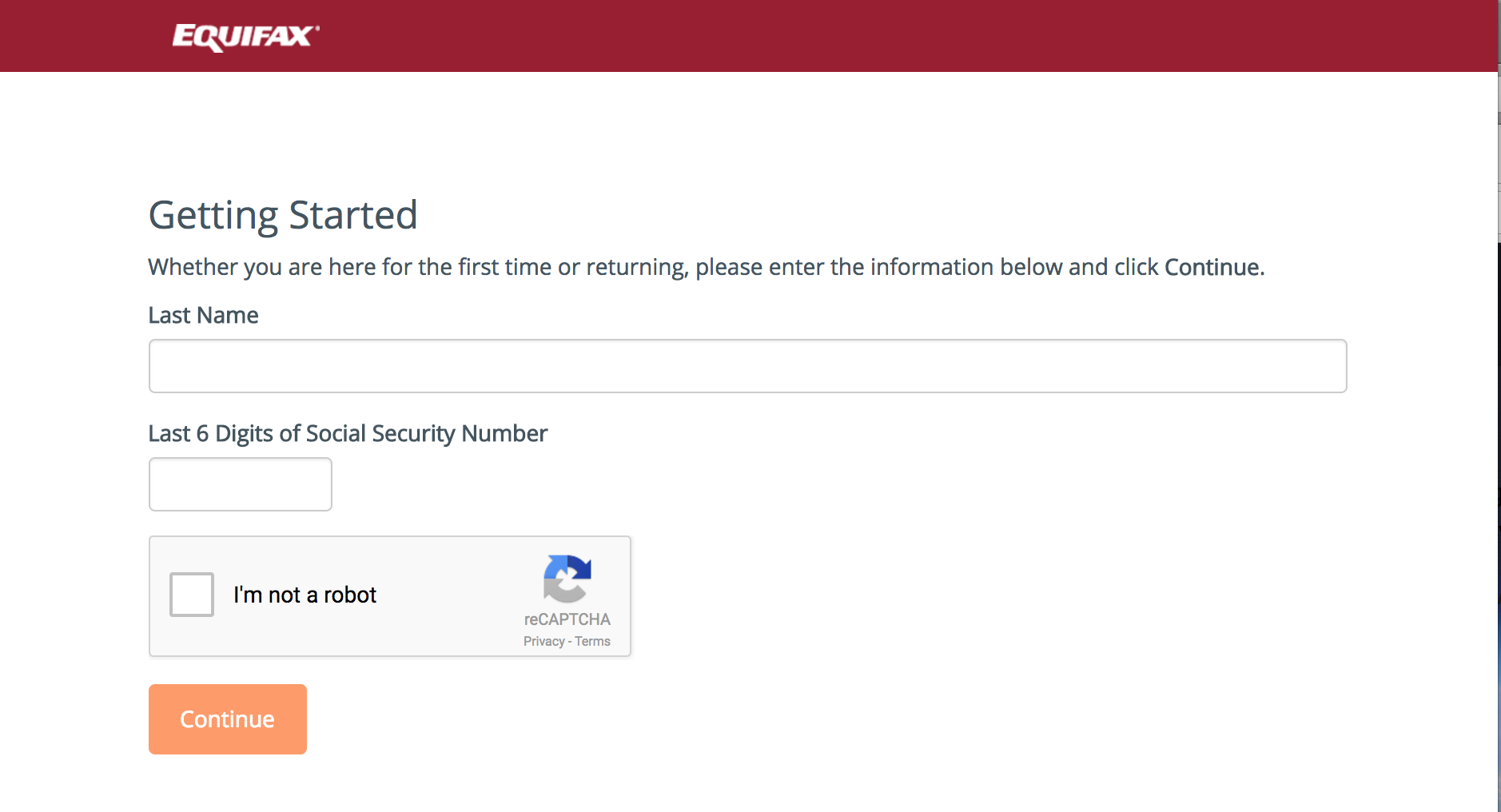As Equifax moved to provide consumers the ability to protect their credit reports on the heels of a major data breach, some of the details of the company's response were found lacking. As consumers registered and moved to lock their credit reports—in order to prevent anyone who had stolen data from opening credit in their name—they found that the security personal identification number (PIN) provided in the locking process was potentially insecure.
A number of customers discovered that the PINs generated by enrolling in Equifax's TrustedID Premier Service were non-random and apparently sequential—in fact, they were essentially date-time stamps of the time of enrollment. Such PINs could potentially be brute-forced by someone attempting to unlock a credit report for the purpose of identity theft.
OMG, Equifax security freeze PINs are worse than I thought. If you froze your credit today 2:15pm ET for example, you'd get PIN 0908171415.
— Tony Webster (@webster) September 9, 2017
Equifax is moving to improve the PIN generation process. In response to an inquiry from Ars, an Equifax spokesperson said:
While we have confidence in the current system, we understand and appreciate that consumers have questions about how PINs are currently generated. We are engaged in a process that will provide consumers a randomly generated PIN. We expect this change to be effective within 24 hours. A consumer has an option, and will continue to have an option, to change an existing PIN. The requested new PIN is sent to the consumer by US Mail to their address of record.
The PIN revelation came on the heels of concerns that Equifax was attempting to block the ability of those checking to see if their data was exposed or enrolling in the TrustedID Premiere service to sue Equifax over the breach. An Equifax spokesperson said that the arbitration clause in the Terms of Service for TrustedID Premier only applied to the service itself, not to the breach.



 Loading comments...
Loading comments...
